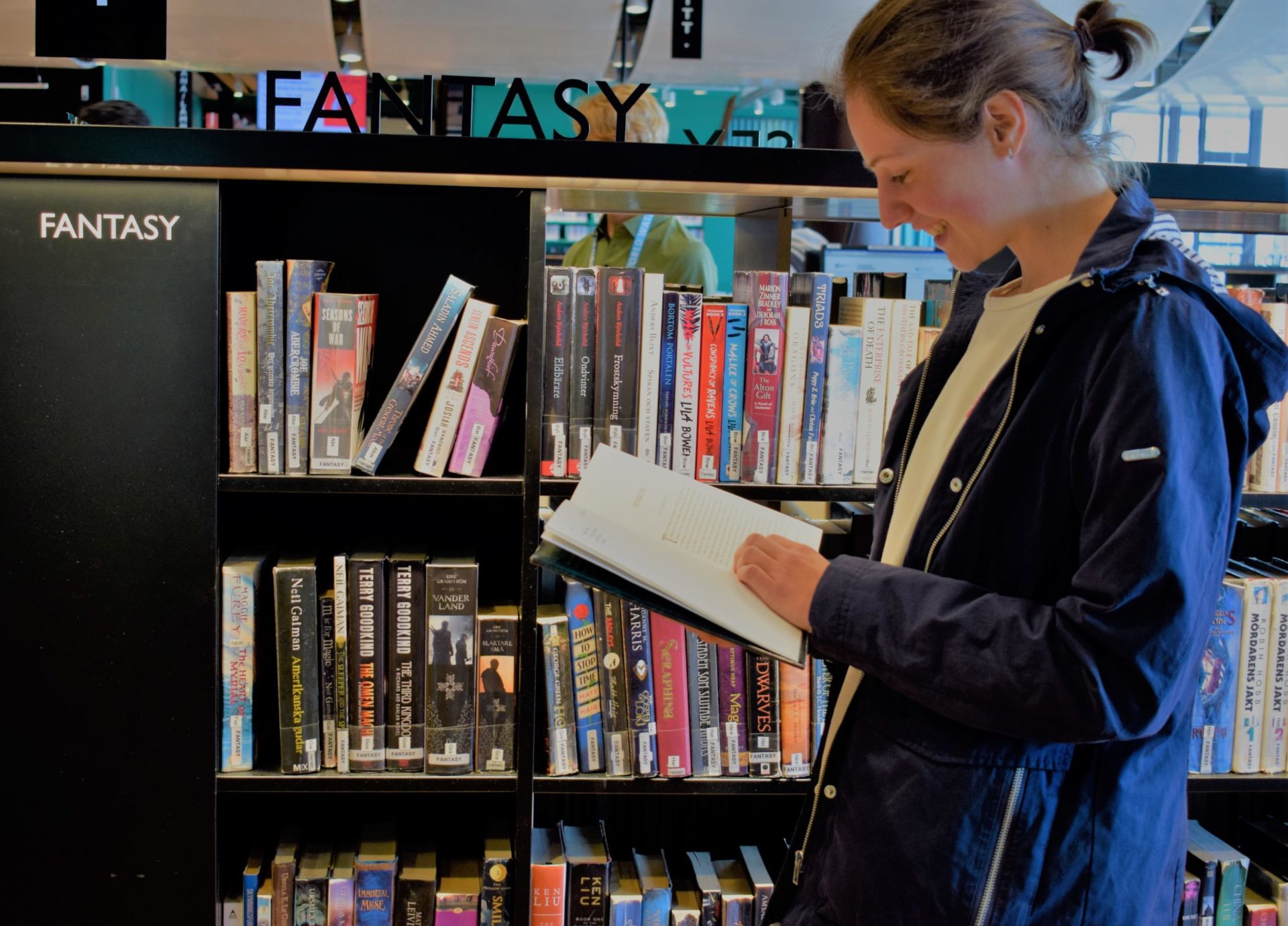Laura from Switzerland
Full interview:
I am 18 and I’ve just finished high school. I am interested in a lot of things, I like sports, I play badminton in my free time, and I like to walk with my dog, a Jack Russell terrier. I like science, of course, because otherwise I wouldn’t be here.
How did you get the idea for your project?
Well, it all started in high school, in Switzerland we have to do a senior project. It doesn’t have to be natural sciences. It could also be history or literature but everyone has to do it since it is part of your final grades in the end of the school year. I’m part of a research group called Academia. I have been a member since my first year at high school, but we still continue to be members even after graduating, we have members that are 28 or something. Some are already doctor’s. I knew of this plant Littorella Uniflora. This is an aquatic plant that is endangered in southern central Europe. I found it really interesting since it is sensitive to environmental changes so it reflects on the complexity of ecosystems along lake shores. It’s local as it lives at the Upper Lake Zurich and I´m from there.
I did my work from an inflatable kayak with a necklace scope that’s kind of a tube made by plexiglas just to prevent the light refraction so you can see. I was in the boat and surveyed the whole Northern Shore and then I found a new population of the plant, which had not been documented before which was a success. It was a little bit of luck. I didn’t even know that there was still an existing population there. On the southern bank there are documented populations, but not known on the northern banks.
So you had your project, but how did you hear about the Stockholm Junior Water Prize?
I participated in the biggest national competition we have and I became aware of SJWP competition because there were other members of various research groups in schools who participated there and I thought it could be nice to be part of.
I sent my project in and came to the workshop and the national final where we had two full days of presenting the work to the jury.
Did you have any fears or challenges during the competitions?
I was nervous because I haven’t participated in an international competition or even national competition before. But it wasn’t because of rivalry or something like that, it is more like you’re here with others and you talk to each other and exchange ideas about the projects and it was a lot of fun and it doesn’t feel like a competition. You are here to talk about projects and spread knowledge.
Did you have a specific teacher or mentor to help you?
Yes the physics teacher at my school who is very interested in botany and also the one who founded our research group in school. He would help me show the direction my project could possibly go.
How has SJWP impacted you?
I’ve become more aware of all problems or issues and I think I’ve become more open-minded. I’m normally a very shy person I don’t really communicate much when meeting up with other people. I think I get to talk a little bit more now and am a little bit more adventurous in stepping out of that science world.
What would you say if you speak to every single person in the world under 35 at the same time?
I think I would say you need to do something and don’t just look away, there a lot of problems in this world. I really want people to act, take this issue with waste and I’m trying to reduce my waste and I would also like people to do this themselves and because only when you have a lot of people who want to change you can really make a difference.
Interviewees: Laura Bauer
Interviewer: Edward Veem
Team: Switzerland
Photographer: Lila Roumeliotou




